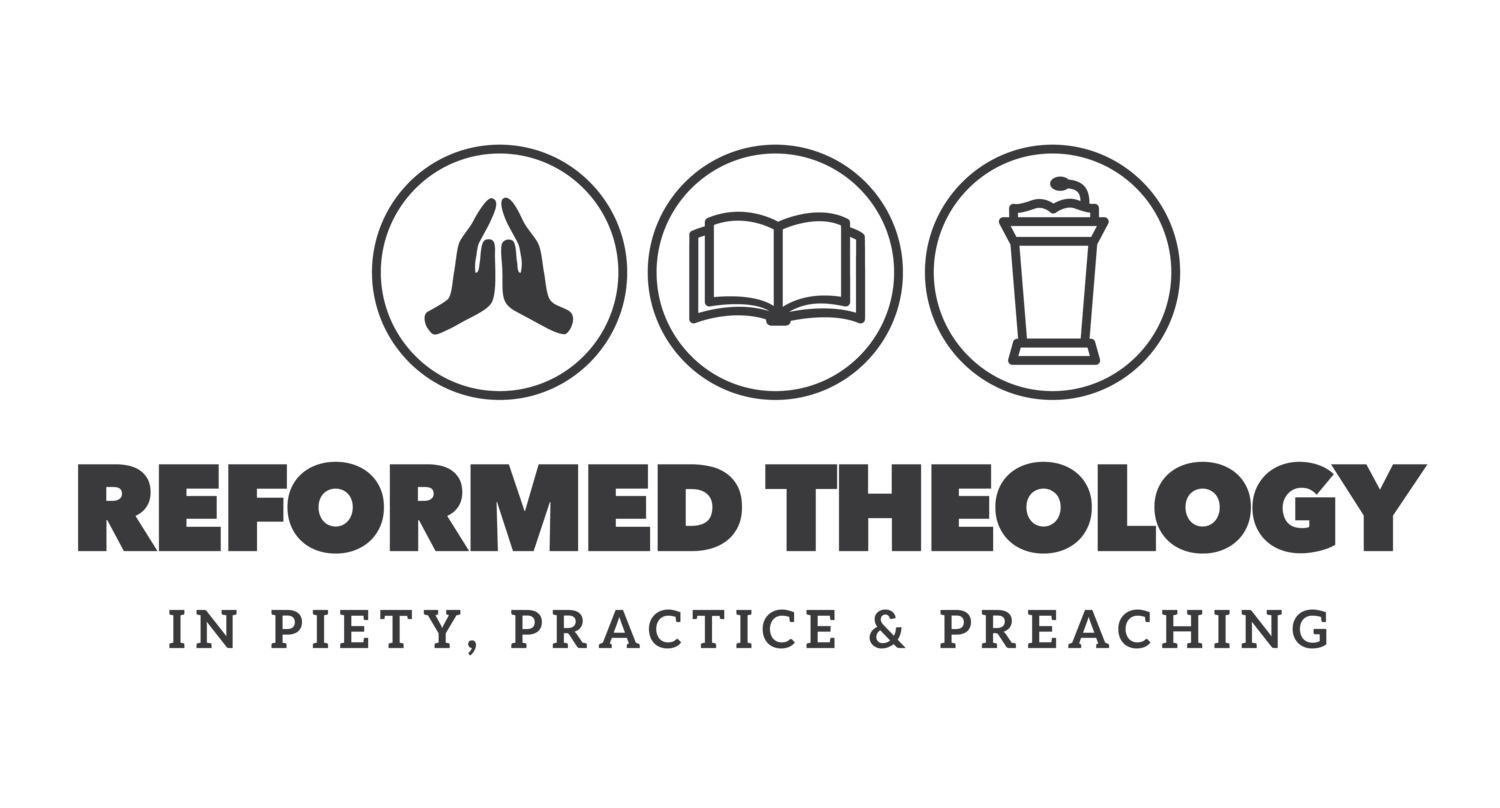At seminary I always look forward to May because it means graduation! I’m excited for the students who have worked hard for a number of years and finally reach the end of their goal—they are the proud owners of a shiny new masters degree! For most, it’s an exciting time—they smile because they’ve finished and can now turn their attention to books of their own choosing rather than those that are assigned on the syllabus. But almost invariably I also observe something else—some exhibit a swagger. I can hear it in their tone of speech and in the looks on their faces—students ask questions in class or make comments and sound very confident.
From one vantage point I completely understand the attitude—“I have just spent the last three years of my life studying the Bible full time. I know Greek and Hebrew, I know philosophical, theological, epistemological, and eschatological terms! I’ve read Calvin, Bavinck, Aquinas, and Hodge, and I even know what the Enuma Elish is!” The assumption is, I have learned all there is to know. I even suspect that some students think they’ve heard and read it all—they hit a plateau and think that there’s probably little else. If you’ve never had any of these thoughts cross your mind, then pat yourself on the back. But if you have, even the slightest bit, be warned.
I have been studying theology full time for more than thirty years. And when I look back at my work from ten fifteen years ago I wince. I also can recall the feelings I had when I completed that work. I felt as if I learned something. But the older I get and the more I learn I realize the more I don’t know and how little, actually, that I have learned. The older I get I realize how vast the world is, how large the theological ocean is, and in all honesty, despite my thirty-plus years of full-time study, I realize that I’ve only dipped my toes into the vast theological sea.
I believe, therefore, that when you finish seminary, you should be excited and proud. It’s a terrific accomplishment. But don’t think that you’ve arrived. You’ll likely spend the rest of your life learning, and such a journey is most definitely rewarding. I love learning new things and discovering how little I know. It’s actually quite comforting because it reminds me how great and omniscient our covenant God is. He hasn’t called me to know everything but to be faithful in learning the things that he places before me. My own ignorance is also a reminder of how much I need the body of Christ with its many people, gifts, and diverse learning. I can’t know it all, but I have the church who knows a lot more than me. I can consult the living and I can consult the dead through their theological works (don’t worry, I’m not holding any séances). I can benefit from Christ’s gifts to the church by studying great theological works.
In the end, such an exercise should produce profound humility in any sane person. It should not engender pride, arrogance, or a swagger.
